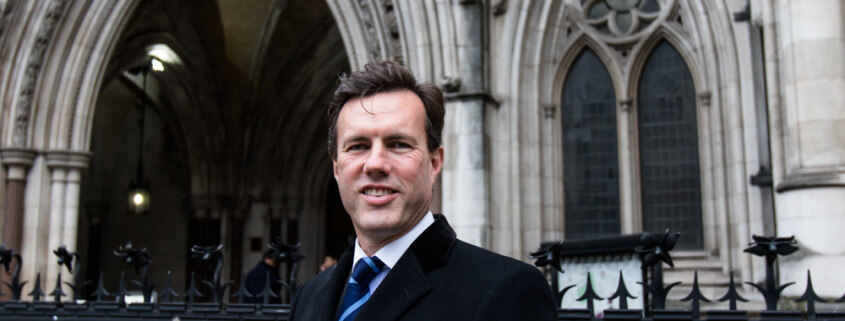
‘Age’ is a protected characteristic under the Equality Act 2010 (EqA). Therefore, discriminating against someone because of their age is unlawful and employees can take claims of age discrimination to an Employment Tribunal. Protection against age discrimination spans from the hiring process throughout employment. If you experience age discrimination in the UK, it is beneficial to seek legal advice as soon as possible.
What is age discrimination?
Age discrimination takes place when employees experience unfavourable treatment in the workplace due to their age. Although age discrimination is often more common among older employees, it can impact younger employees too and everyone is protected by the EqA. This key piece of legislation strives to ensure equal opportunities and inclusion for all workers in the UK, regardless of their age.
The detrimental treatment of employees due to their age can be from an employer, co-worker or a third party, like a client. Depending on the circumstances, an employer may be held accountable for the discriminatory actions of others in the workplace.
The different types of age discrimination
Age-based biases are common in the workplace, whether employees are perceived as “too old” or “too young”. The EqA outlines various types of discrimination and protection is provided against the following;
Direct age discrimination
This type of age discrimination occurs when an employee is treated less favourably due to their age. For instance, if a job applicant was not chosen based solely on being too old or too young, it is direct discrimination. Age discrimination can also arise when a person is perceived to be older or younger than they actually are.
Indirect age discrimination
Indirect discrimination happens when seemingly neutral policies, practices or criteria put individuals of a particular age at a disadvantage. An example of this is a company only offering training programs to employees under 30, arguing they have a longer career ahead of them. If a practice is not objectively justifiable and an employer can not prove that it is in place as a ‘proportionate means of achieving a legitimate aim’, it is discriminatory.
Harassment
Different age groups can experience harassment too. This can range from age-related jokes to derogatory comments about someone’s age. Age-related harassment arises when an employee experiences unwelcome treatment because of their age, leading to a violation of their dignity or the creation of an intimidating, hostile, degrading, offensive or humiliating work environment.
Victimisation
Victimisation is when an employee experiences unfair treatment for raising a complaint about age discrimination or supporting someone else who has made a complaint. The EqA protects anyone involved in an existing Employment Tribunal case.
Age discrimination at work claims
For age discrimination claims, a strict time frame exists and a claim should be made within three months less one day of the discriminatory behaviour. It is essential to adhere to the ACAS Code of Practice on Discipline and Grievance Procedures when making an age discrimination claim too. Failure to do so can result in any compensation awarded being reduced by up to 25%. There is a penalty for employers who do not acknowledge the ACAS Code too.
Whether you have been chosen for redundancy because you are one of the oldest employees or you have been overlooked for a promotion because you are one of the youngest employees, you may be awarded compensation by an Employment Tribunal. This compensation could be for things such as loss of earnings and injury to feelings.
When experiencing age discrimination at work, getting some professional advice from an employment law specialist can help to ensure you get the compensation you deserve. An expert can provide you with some initial advice about your legal rights and answer any questions you may have about discrimination. Should you decide to take a claim to the Employment Tribunal, they can guide you through the process of doing so too.
